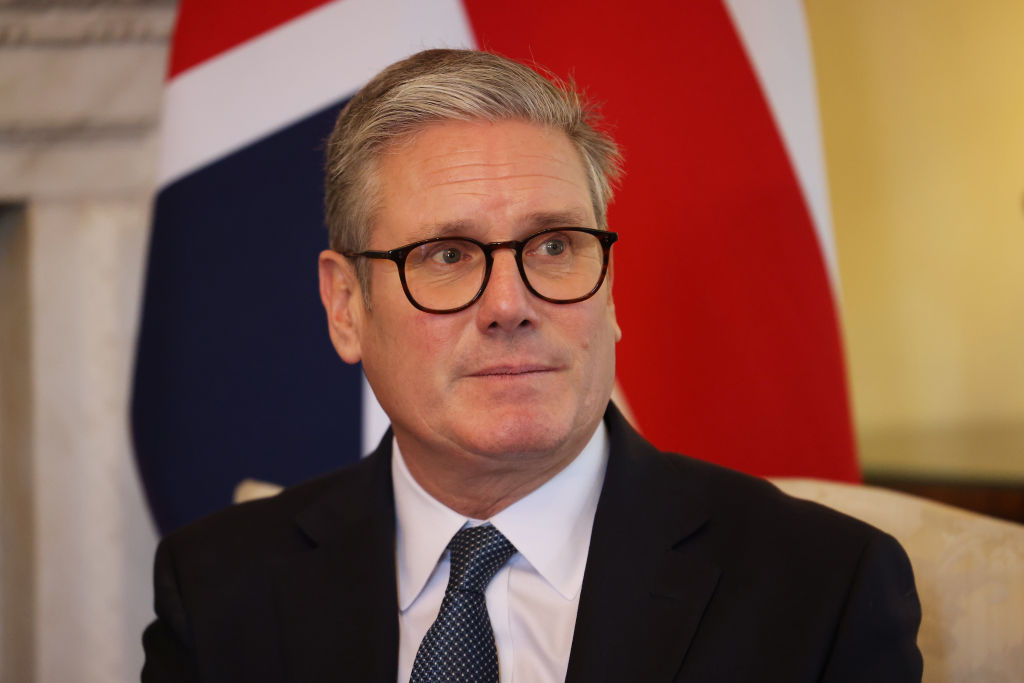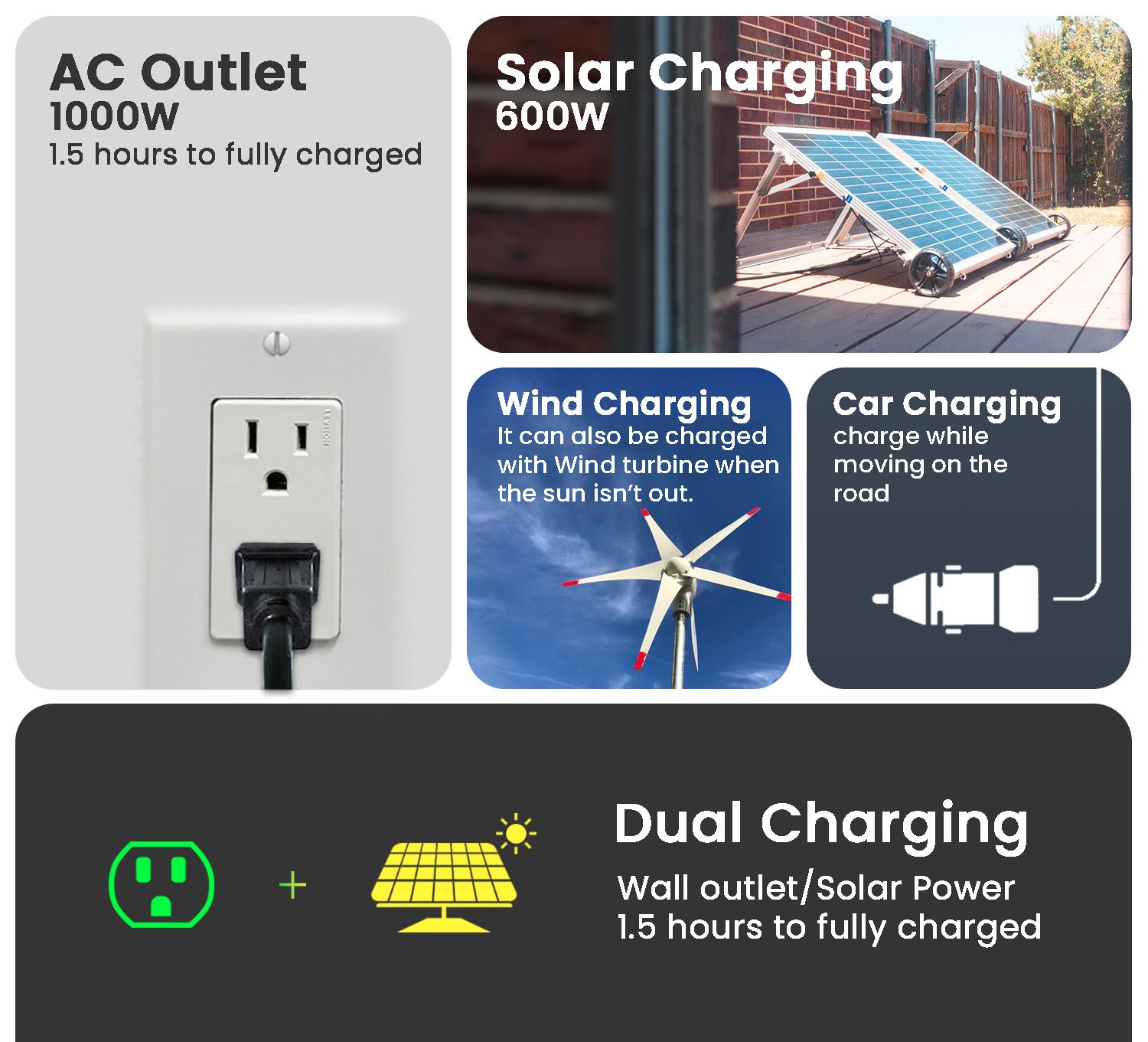Why Is the UK So Invested in the Russia–Ukraine War?
Genuine Western admiration for Ukraine’s struggle has morphed into a proxy war against Russia.

Donald Trump’s victory in the U.S. presidential election of November 2024 has shredded the liberal script about the Ukraine war. That script was to offer unconditional moral and material support for a Ukrainian victory, defined minimally as recovery of the invaded territories of Crimea and Donbass. In Britain, it was considered almost treasonable to suggest otherwise.
Even before Trump’s election, the script had subtly changed into “doing what it takes” to put Ukraine in the best possible bargaining position in peace talks with Russia. This shift recognized that, unless the level of Western support were massively beefed up, Ukraine faced imminent military defeat. In the face of military reverses and with no expectation of further military aid from the Biden administration, President Volodymyr Zelensky too has abandoned his maximalist position and now pins his hopes on diplomatic pressure to induce Russia to negotiate.
Since the start of Russia’s invasion of Ukraine on February 22, 2022, I have been one of a handful of advocates in the UK of a negotiated peace. On March 3, 2022, I co-signed a letter to the Financial Times with the former British Foreign Secretary David Owen which urged NATO to put forward detailed proposals for a new security pact with Russia. On May 19, 2022, I called for the resumption of the “Ankara peace process” in the same paper. I didn’t then know that bilateral peace talks between Russia and Ukraine, hosted by the Turkish government, had been aborted by the visit of Britain’s then–prime minister, Boris Johnson, to Kyiv on April 6, promising Ukraine all the help it needed to go on fighting. There were several further peace calls by myself, sometimes in good company, in the next two and half years, with increasing emphasis on the danger of escalation unless peace were quickly secured. But the only front-line British politician who agreed with this line was Nigel Farage, the leader of the Reform Party. From the non-NATO world came peace initiatives from China and Brazil.
Trump’s second coming will bring about a shift from a passive war policy to an active peace policy. This is bound to bring about a ceasefire, possibly by the spring. That the peace terms remain vague is less important than that the killing will stop. Once stopped it will not easily be restarted. The question is why it has taken so many hundreds of thousands of lives, killed and wounded on both sides, to reach this moment. And what lessons can we learn?
The most obvious lesson is the importance of diplomacy. All nations have their own story to tell. The clash of their stories can cause or inflame wars. It is the traditional task of diplomacy to reconcile conflicting stories so that like can live in peace with unlike. The Ukraine war resulted from the catastrophic failure of diplomacy—in fact the disappearance of the global class of diplomats—leaving the leaders of belligerent countries free to pursue their ambitions without accurate knowledge of others’ reactions. In the run up to the invasion of 2022, Putin’s pronouncements looked too much like sabre-rattling; the United States and its NATO allies made little effort to try to settle the security issue which lay at the heart of the conflict with Russia. After Russia’s seizure of Crimea in 2014, there was a complete breakdown of trust. Chancellor Angela Merkel is reported to have said to Vladimir Putin: Can you guarantee that you will not attempt to make further changes of borders? To which the Russian president is said to have replied: Can you guarantee that NATO will not expand further?
It is generally believed in the West that Putin’s stated fear of NATO’s eastward expansion was simply an excuse for Russia to try to regain lands it had lost with the collapse of the Soviet Union. This is too simple. For centuries Russia had seen these “lost lands”—the Baltic states, Ukraine, Belarus, Georgia—as part of its empire’s shield against foreign invaders. Putin’s story is not just propaganda. Its roots are to be found in the mixture of 19th-century Russian nationalism and the geographic vulnerability of the Tsarist empire.
Most of us in the West simply cannot recognize in NATO the “encircling claws” of Borodin’s Prince Igor, or the “insidious enemy” of Prokofiev’s opera War and Peace. NATO, we insist, is a purely defensive organization; countries join to defend themselves against Russia, not to attack it. This, however, is not the general view of NATO in the world outside the alliance, where its extension is largely, though not universally, viewed as an extension of Western imperialism. The Russian Federation’s hostility to the eastward expansion of NATO has been the most consistent thread in its foreign policy in the quarter century since the collapse of the Soviet Union. How could we in the West, with the notable exception of diplomats like George Kennan and Henry Kissinger, not have understood that when Russia had regained strength this was one wrong it would seek to put right?
We have here two opposing stories, each with some claim to truth, and no diplomatic mechanism for reconciling them.
Britain has been Biden’s cheerleader in stoking the Russia–Ukraine war. We must turn to history to understand why. Modern Britain has never been truly “isolationist” because, until well into the 20th century, it had a world empire that needed defending. Outlining the principles of British foreign policy in 1852, the Foreign Secretary Lord Granville wrote that “it is the duty and the interest of this country, having possessions scattered over the whole world, and priding itself on its advanced state of civilization, to encourage moral, intellectual and physical progress among all other nations.” This self-image of Britain as both global policeman and mentor bred a conflict between the muscular and pacifist wings of British liberalism, with non-interventionists like John Bright and Richard Cobden arguing that it was free trade which would civilize the world and the interventionists saying that free trade was only possible in a world made civil by British power and British values. What is striking today is the collapse of that pacifist tradition
So, when Tony Blair, Britain’s Prime Minister said in Chicago in 1999 that “the spread of our values makes us more secure,” he was proclaiming a continuing mission of British foreign policy. The claim to the higher moral ground of democracy and human rights would justify attempts to spread western values to those areas that remained mired in dictatorship and autocracy. Arguably Britain’s most successful export was the export of its moral evangelism to the United States as America emerged from its isolationism.
Nevertheless, this historical story does not exhaust the causes of Britain’s exceptional belligerence.
One needs to add the shame of the British establishment over the Munich Agreement of 1938, by which Britain ceded the Sudetenland of Czechoslovakia to Hitler and thereby helped unleash the Second World War. One can hardly overstate the strength of Britain’s Munich reflex. Thus, when the Egyptian leader Col. Gamal Abdel Nasser nationalized the Suez Canal in 1956, both Prime Minister Anthony Eden and the Labour leader Hugh Gaitskell were quick to compare him to Hitler. And the Tory MP Sir Robert Boothby provided the rationale for a military response, which reasoning also underlies the current British reaction to Putin: “If we were to allow him [Nasser] to get away with it, it would be a damaging blow to the whole concept of international law.” Where does the devil stop?
The comparison of Putin with Hitler comes from a sweeping generalization that sees democracy as the peaceful form of the state and autocracy as its warlike form. Against this we should counterpose the notably “realist” summary of historian A.J.P. Taylor: “Bismarck fought ‘necessary’ wars and killed thousands; the idealists of the twentieth century fought ‘just’ wars and killed millions.” It’s the idealists who are more likely to want to win at all costs, the autocrats who want to stop wars before their thrones crumble.
At some point genuine western admiration for Ukraine’s struggle for its independence has morphed into a proxy war against Russia, with only a tacit bow to Ukraine’s own best interests. The West’s promise of unconditional support for a Ukrainian victory undoubtedly prolonged the war by blinding Ukrainians to the realistic prospect of a limited victory which nevertheless secured genuine independence Unforgivable is the British and American promise to give Ukraine “all it takes” for victory, when they had no intention whatsoever of doing so, Ukraine was sold a pup by Boris Johnson in 2022 and has been bleeding ever since.
Which brings us back to Trump. Both those who applaud and those who attack his approach to international relations describe it as “transactional.” Supporters argue that it will enable Trump to “do deals” with dictators in America’s interest; opponents deplore precisely its lack of a moral dimension. What both sides miss is that peace itself is a moral objective—in Christian teaching, it is the highest good. Pope Francis has frequently called for negotiations to end the Ukraine war, most recently in his Christmas message. It is the refusal of our hawks and their passive camp-followers to recognize the paramount claims of peace which is the biggest danger facing the world today; Trump offers the most promising escape from an increasingly dangerous future.
The post Why Is the UK So Invested in the Russia–Ukraine War? appeared first on The American Conservative.



